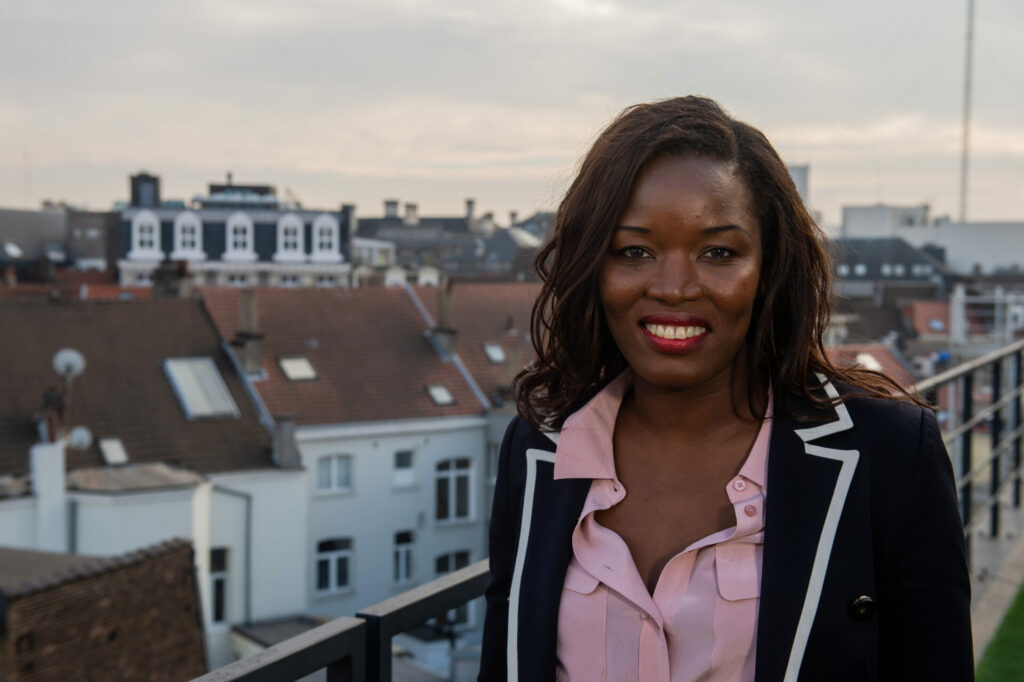Political divisions have emerged after more than 120 politicians denounced rampant sexism in politics through an open letter which demanded, among other things, a hotline for victims to report sexual violence.
Although the open letter contained the signatories of many politicians, support for the letter was not extended to the Flemish nationalist parties. N-VA women were not asked for support, and women politicians in Vlaams Belang were not asked at all, reported De Standaard.
"Standing up for women is too often narrowed to standing up for a leftist interpretation of feminism. Grievances from women of 'the wrong party' are apparently taken less seriously," claimed European MEP Assita Kanko (N-VA) in an opinion piece for De Standaard.
Flanders' far-right were not asked for support as the letter was initiated in Brussels – at the request of Schaaerbeek councillor Sihame Haddioui (Ecolo) – where the cordon sanitaire is more strictly enforced, according to Brussels Parliament MP Els Rochette. The cordon sanitaire is the refusal of Belgian mainstream politics to cooperate with far-right parties.
"But if a hotline is set up, it is for all the victims," said Rochette in De Standaard.
Yet not only Belgium's nationalist and far-right forces are missing from the list of signatories, but so too are notable women MPs from the francophone liberals MR. Party leader Georges-Louis Bouchez reportedly banned them from signing, which he has since called "a lie.".
Hotline competency
The competency of the hotline is also a contentious issue. Politicians from Belgium's left and right have different ideas on how it should work.
Flemish Justice Minister Zuhal Demir (N-VA) was not contacted for support either, although she had previously called for creating a hotline following the rape of a student at KU Leuven.
Any complaints should be a "cross-border standard in education, culture, sport, and politics," according to Demir. Along with Minister Bart Somers (Open VLD), she hopes the hotline will be set up at the new Flemish Institute for Human Rights before the summer.
"The hotlines that exist today are too fragmented and too little known," said the cabinet of Somers cabinet.
Related News
- #Metoo in Belgian politics? Over 120 MPs sign open letter condemning sexism
- Schaerbeek's #MeToo: Councillor suspended at his own request
- Schaerbeek's #MeToo: Councillor charged with attempted sexual assault
By contrast, Groen Chairperson Nadia Naji, who co-signed the letter, wants the hotline to be situated at the Institute for Gender Equality, a federal institution.
The experiences of female MPs stress the need for a hotline, a step towards addressing sexism in politics. Brussels MP Lotte Stoops (Groen) recounted how a younger female colleague took the lift in her first week at work. When she got off at a lower floor, a male politician called it a 'coitus interruptus.'
"When I saw her, she had turned white," said Stoops in De Standaard, adding that "younger, female generations are now entering politics more, but also leave them early. We should not let them leave because they have been demoted by older politicians."

